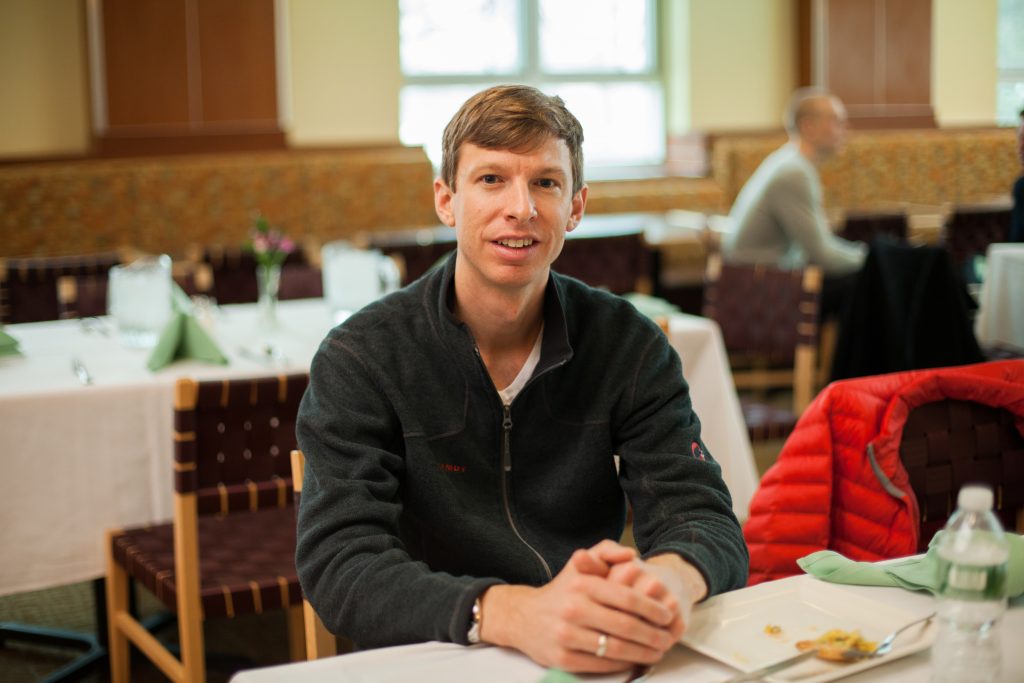With a professional tennis career spanning over a decade under his belt, Eric Butorac gave his talk, “Don’t Dream Big,” at TEDxBinghamtonUniversity on Sunday. Embracing a day-to-day approach to success in lieu of big-picture goal setting, Butorac sat down with Pipe Dream to share his perspective. This interview has been edited for length and clarity.
Pipe Dream: What do you mean by dreaming small?
Eric Butorac: It’s my philosophy, and it’s evolved as I got older and older. I’m from a small town in Minnesota, I played on a Division III tennis program and I wound up playing 13 years on the [Association of Tennis Professionals World Tour]. Everyone’s always like, ‘How’d you do it?’ ‘Did you think as a kid you were going to make it?’. And I always say no, not at all. I was a realist, and I never set those kinds of aspirations, and that became a message that I like to relay to people. So when [I had the opportunity to talk] on a platform like this it was like, alright, what do I want people to walk away with? And it’s not for everybody, but I think there are a lot of people out there who could benefit from the idea of setting a short-term goal — something that you could achieve tomorrow. For me, it allowed me to achieve things that I never even thought were possible.
PD: When was your aha moment in recognizing the benefit of short-term goals?
EB: I was never a big dreamer — the aha moment is when I’ve gotten older and started reflecting on it. When you’re a professional athlete, people are always like, ‘What was your breakthrough moment?’ or ‘When did you know that you could do it?’ and I never really had that. It was a steady progression over so many years. So it’s kind of like a less glamorous way to say it, because people always say you should have this grand vision and shoot for the stars, but for me, the opposite worked.
PD: Why is your method of goal-setting important?
EB: It’s important for people to know that there are different ways to go about it. Because it’s less glamorous to present it in the way that I do, a lot of people gravitate the other way. It makes them feel stressed out, it makes them feel paralyzed — like a failure. [By saying] ‘I wanted to be a pro athlete,’ ‘I wanted to be a doctor,’ ‘I wanted to be a world-class musician’ and all of a sudden you’re only part of a semi-successful wedding band, you’re a failure. But no, you’re not, that’s a great career, and you’re following your passion.
PD: A lot of college students are notoriously big dreamers, how will your talk reach out to them?
EB: When you talk to college kids, you’re talking to kids who are away from their environment for the first time. They’re away from their parents, they’re doing their own thing before they set off in the real world. So I’m equipping them with an alternative style on how to approach things, and I think it will be beneficial should they choose to use it.



